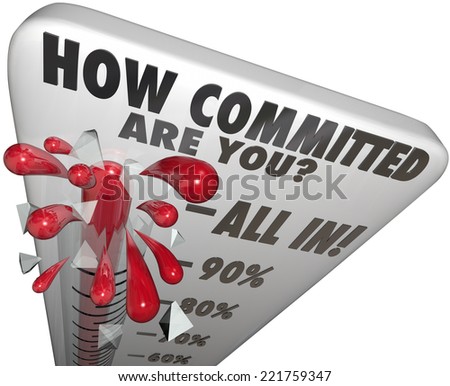GRAB HOPE!

Thank goodness, I finished Judges and the final chapters record events which presented the turbulence of evil and the degradation of the "sons of Israel". Judges, is the narrative of a people who lived by their impulses doing what was right in their own eyes. Hello, today's culture of 2017!
I joyfully moved on in my read to Ruth, which is the next book narrative after Judges. It occurred during the same time period, about 1000 B.C. of the Judges, but it portrays a faithful people, a family of four who experience shattered dreams, their responses to the losses, the loss of hope, and their recovery of hope. Their story could be your story or mine whether all of it, or some of it, there are some commonalities we share.
Famine has occurred in Bethlehem, Judah, and Elimelech, the husband moves his wife, Naomi, and their two sons, Mahlon and Chilion to Moab which is southeast of Bethlehem near the Dead Sea. Their intent is to remain in Moab until the famine subsides and then return home. Instead, Elimelech dies, Naomi is now a widow rearing two sons. Their ages are unknown, but in whatever length of time, they marry two Moabite women, Orpah and Ruth. Three widows alone and vulnerable would have been a frightening concern in 1000 B. C. The death of a loved one is frightening enough, but the deaths of three family members is more frightening, and the sense of hopelessness begins to creep into the darkness of the unknown which the widow is now facing.
Meanwhile, Naomi has received the news that Bethlehem is now producing food and the rains must have returned to the land. She makes the choice to return to Bethlehem and she and her two daughter-in-laws start the long journey home. As they are departing, she gives each woman a choice: They can return to their mother's home and remarry or travel with her not knowing what they might face. Grieving at the choices and grieving to leave Naomi, Orpah decides to return to her family in Moab. Naomi tries to discourage Ruth from returning with her to Judah, but Ruth adamantly refuses to stay behind. Ruth's vow to Naomi has been popularized and often stated in marriage ceremonies of these present ages: "Do not urge me to leave you or turn back from following you; for where you go, I will go, and where you lodge, I will lodge. Your people shall be my people, and your God, my God. Where you die, I will die, and there I will be buried. Thus may the Lord do to me, and worse, if anything but death parts you and me." What a vow!
The commitment or devotion of the two women to one another is refreshing. We don't often experience this kind of emotion in relationships in family, among friends or in marriages. One wonders how Ruth, probably reared in a family and a land that worshiped idols, would be willing to make this kind of life and death commitment? What had Ruth seen in Naomi that she is willing to say that Naomi's god would also be her god? I can imagine that both women are reeling from grief and loss wondering what do we do now? It is no small factor that they are living in a time period of no life insurance, no education for a vocation which provides an income, their only resource is God, and there are no recorded Scriptures to anchor them. They show a glimmer of hope and faith in returning to Judah. What and who is the source of their commitment or devotion? Do we have a personal commitment that can withstand the presses of life? We best possess even a seeding of hope and faith because life WILL press. From the Message, Hebrew 6:19 "We who have run for our very lives to God have every reason to grab the promised hope with both hands and never let go. It's an unbreakable spiritual lifeline, reaching past all appearances right to the very presence of God where Jesus, running on ahead of us, has taken up his permanent post as high priest for us..." In our presses from life, may we choose to commit to running to grab the promised hope, Jesus, rather than drowning in despair, hopelessness, and misery. #IHAVE THREESONS
Comments
Post a Comment